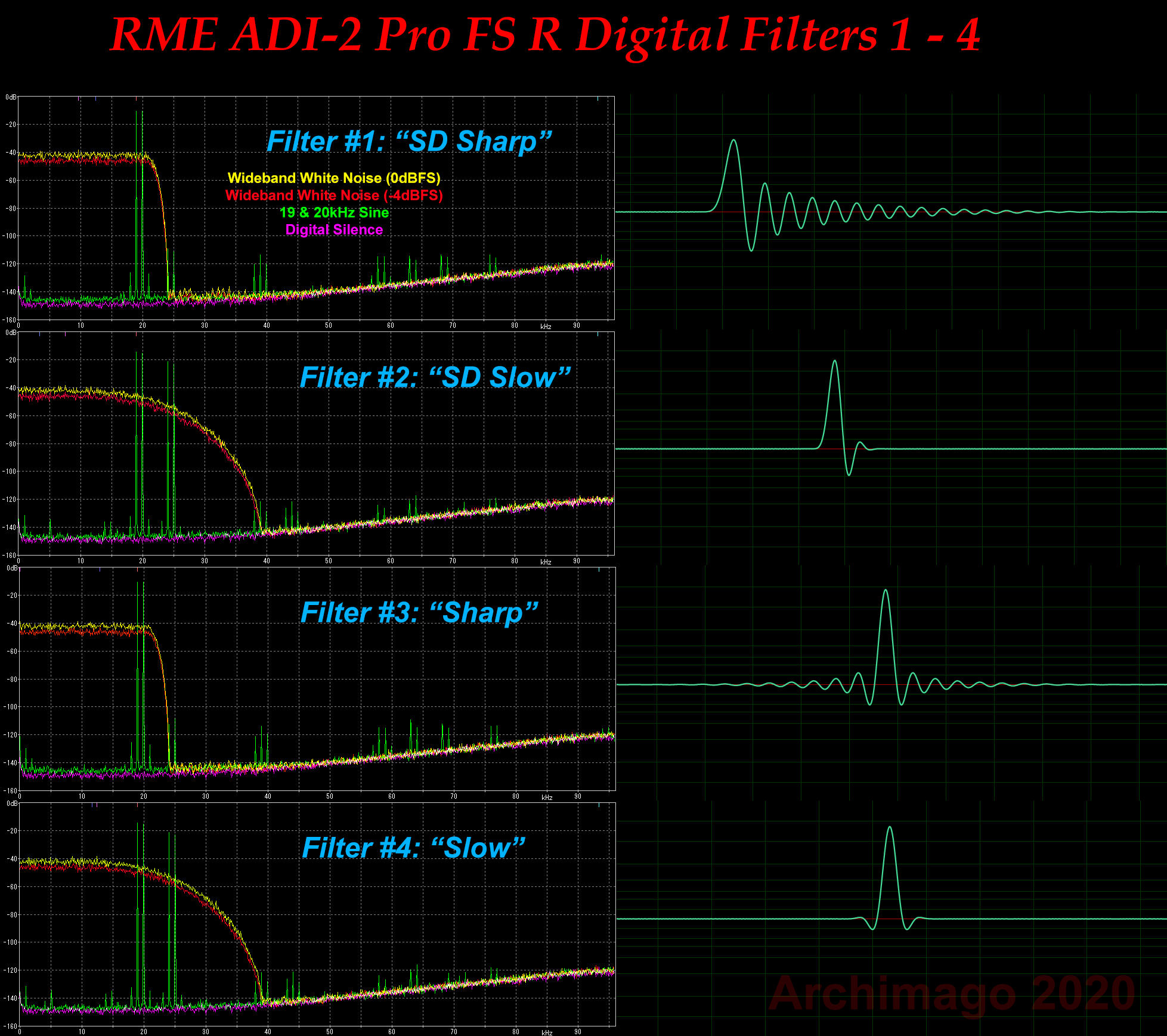Absolutely. That was the first thing I noticed too. There's no doubt Qobuz' graphic is a mess but I'd still be interested to see if anyone can make a better, more accurate one that could still be used to promote the service.
It's doable. I think we've already seen here better presentations of the differences of sample rate and PCM bit depth. That should be separated from comparing PCM and MP3. These are important technical differences that can and should be explained to users.
Or is the consensus such that anyone selling Hi-Res should be tarred and feathered as a common criminal? I was of the impression that Qobuz is a fairly popular service among the ASR crowd, but it seems not ...
It's debatable here at ASR. Some are keen on Hi-Res and others not. Some see potential there and other think it has little or nothing to offer. In the extremes some seek equipment with better than 22-bit clean performance and others argue that Hi-Res is another kind of audiopoolery scam.
Check this out, one of the slides Amir presented at the Audio Engineering Society 2023. I think it is very interesting.
When we are discussing the relative merits of DACs in the blue and green zones, those are all differences that can only be practically realized in audio playback with Hi-Res program material. AMAZING!
When Amir uses his AP to reveal the properties of a new entrant in the top ranks of the Blue, we're
using a microscope to judge the quality of the smoothness of the boundary of the ink in the curves of the serifs of the print of the font on the page of a book.
This suggests ASR has many admirers of Hi-Res audio.
Where is the boundary of human audio perception? I think that's a tricky question to answer. Characterizing it in a few numbers can be useful, clearly. However, if we take a bandwidth and SNR spec that has some consensus as a rule of thumb in engineering and use it as an assumption in further mathematical reasoning, as we sometimes see here, for example Monty Montgomery (the best Youtube Splainer ever), we can make a
map-territory error. Who knows that the band limits are for you or me or the next person? Are they stable? Can they be changed? Are band limits the right way to characterize my hearing or are they an emergent feature of the history of test equipment and protocols?
I am the pragmatic antiaudiophile. I'm repelled by audiophile aesthetics and lifestyle but I enjoy good sound. We've got a power amp that's got way more headroom than I will ever use because I don't know for sure how much I will need and it wasn't very expensive. That represents the kind of pragmatism I'm into. The DAC/preamp is similar. It's in Amir's Blue zone so it's transparent, safely in the forget-about-it category. That's a pragmatic psychic win, like the over powered amp.
Hi-Res ought to be the same but there's a practical problem: the fuss of getting good source material. The specs of the stream or file mean very little. To be someone who cares about Hi-Res I would need to check the files forensically to know what's what and develop trust in Hi-Res labels/distrubutors. I can't be bothered with that so I sweep it aside. CDs sound great. Good enough. See, again, a pragmatic trick that works for me to simplify my enjoyment of music.
But that's just me. Sometimes I like to imagine that Hi-Res is like silver audiophile USB cables, i.e. something to sell to people who know something but not all the relevant things, because the thought amuses me. (I'm as prone to pretentions of intellectual and aesthetic superiority as the next nerd.) But if I'm honest, Idk, maybe there are people who can experience improvments over 16 bit PCM with certain recordings in ideal listening conditions. Too much trouble for me but lots of people have fussy, expensive hobbies so why not?

